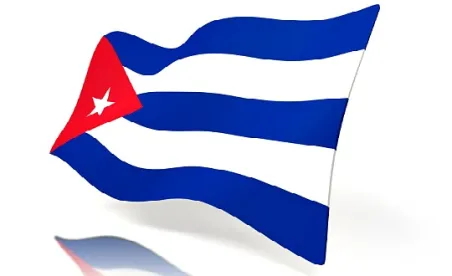Proponents of increased U.S. trade with Cuba rightly point to the potential economic benefits to U.S. exporters, particularly in the food and agriculture sector, from greater trade. But achieving that potential may take more than the lifting of the U.S. trade embargo with Cuba. A forthcoming study from the U.S. International Trade Commission promises a balanced look at both the economic potential of expanded trade and the barriers on both the U.S. and Cuban sides to achieving that potential.
As the U.S. Foreign Agricultural Service reported in June 2015, Cuba, with a population of just over 11 million, imports close to 80 percent of its food needs. It has been legal to export some U.S. agricultural products and medical supplies to Cuba since 2000. Despite the geographic advantage held by U.S. suppliers, however, complex U.S. export requirements and favorable credit terms offered by other countries have limited the competitiveness of U.S. agricultural products in Cuba.
On January 30, 2015, the U.S. International Trade Commission launched an investigation under section 332(g) of the Tariff Act of 1930 (Inv. No. 332-552) on the economic effects of current U.S. trade and travel restrictions on U.S. trade with Cuba. The study was requested in December 2014 by then-Chairman of the Senate Finance Committee Senator Ron Wyden in connection with President Obama’s announcement of a change in direction in U.S. policy toward Cuba.
In his letter requesting the study, Senator Wyden announced his intent to “gain a better understanding of the economic effects on exports of U.S. goods and services, including digitally traded goods and services, of statutory and administrative restrictions related to trade with and travel to Cuba by U.S. citizens.” The ITC’s study, he said, “will provide a foundation for re-evaluating the current U.S. economic relationship with Cuba.”
On August 19, 2015, the ITC received a new request, from current Senate Finance Committee Chairman Orrin Hatch, asking that it expand the study to include “a qualitative analysis of existing Cuban non-tariff measures, Cuban institutional and infrastructural factors, and other Cuban barriers that inhibit or affect the ability of U.S. and non-U.S. firms to conduct business in and with Cuba.” The new letter directs the ITC to catalog potentially trade-restrictive Cuban measures, including restrictions on trade and investment; property rights and ownership; customs duties and procedures; sanitary and phytosanitary measures; state trading; protection of intellectual property rights; and infrastructure, as it affects telecommunications, port facilities, and the storage, transport, and distribution of goods, and to assess the effects that such measures might have on exports of U.S. goods and services to Cuba in the event that U.S. restrictions on trade with Cuba are lifted.
To facilitate the expanded scope of the study, the due date for the ITC’s final report to the Senate Finance Committee will be pushed back from September 2015 to March 2016. Although the ITC has already held a public hearing and received written submissions, interested parties are invited to file written submissions addressing the newly-added subject matter by no later than October 23, 2015.
The ITC is an independent, nonpartisan federal agency tasked with providing objective fact-finding and analyses on matters related to tariffs and trade. The Committee has indicated that it plans to make the ITC’s report public to inform the evolving policy debate on U.S. trade with Cuba.
As announced by the State Department this week, the United States and Cuba have established a bilateral commission to advance the process of normalizing relations between the two countries. As the bilateral commission’s work proceeds, the ITC’s report will help the negotiators identify what steps each country can take to facilitate a deeper and mutually beneficial trade relationship.




 />i
/>i

